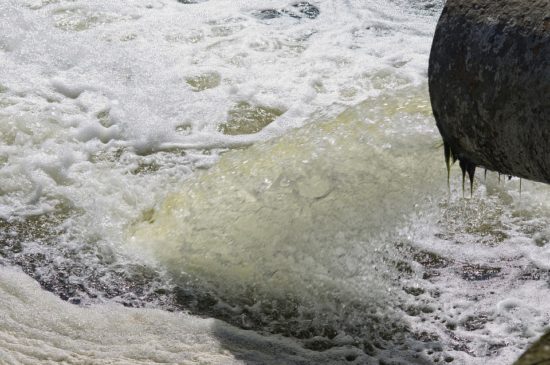Hospital wastewater favors multi-resistant bacteria
Scientists from the University of Gothenburg, Sweden presents evidence that hospital wastewater, containing elevated levels of antibiotics, rapidly kills antibiotic-sensitive bacteria, while multi-resistant bacteria continue to grow. Hospital sewers may therefore provide conditions that promote the evolution of new forms of antibiotic resistance.
It is hardly news that hospital wastewater contains antibiotics from patients. It has been assumed that hospital sewers could be a place where multi-resistant bacteria develop and thrive due to continuous low-level antibiotic exposure. However, direct evidence for selection of resistant bacteria from this type of wastewater has been lacking, until now.
AMR NEWS
Your Biweekly Source for Global AMR Insights!
Stay informed with the essential newsletter that brings together all the latest One Health news on antimicrobial resistance. Delivered straight to your inbox every two weeks, AMR NEWS provides a curated selection of international insights, key publications, and the latest updates in the fight against AMR.
Don’t miss out on staying ahead in the global AMR movement—subscribe now!







